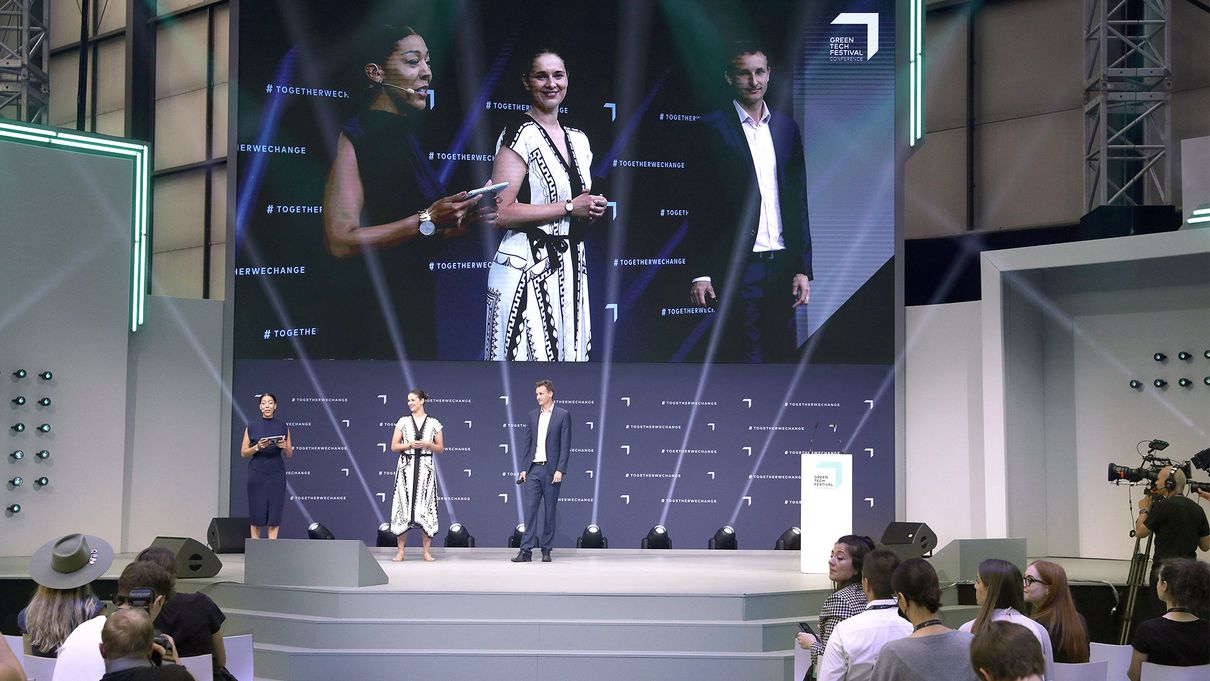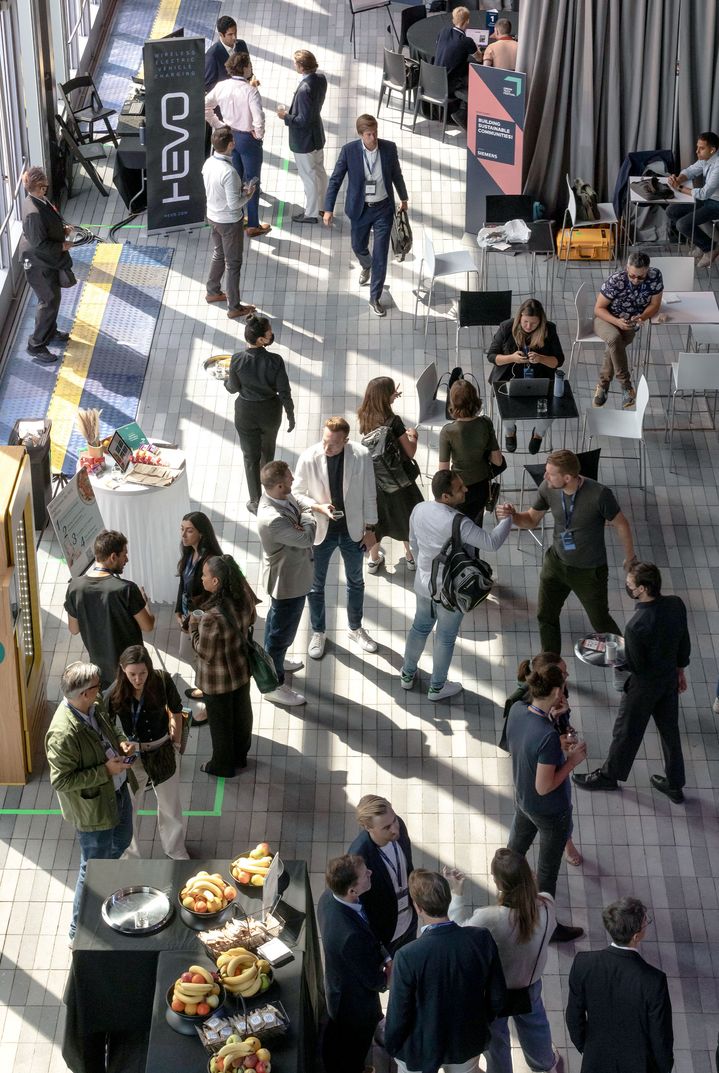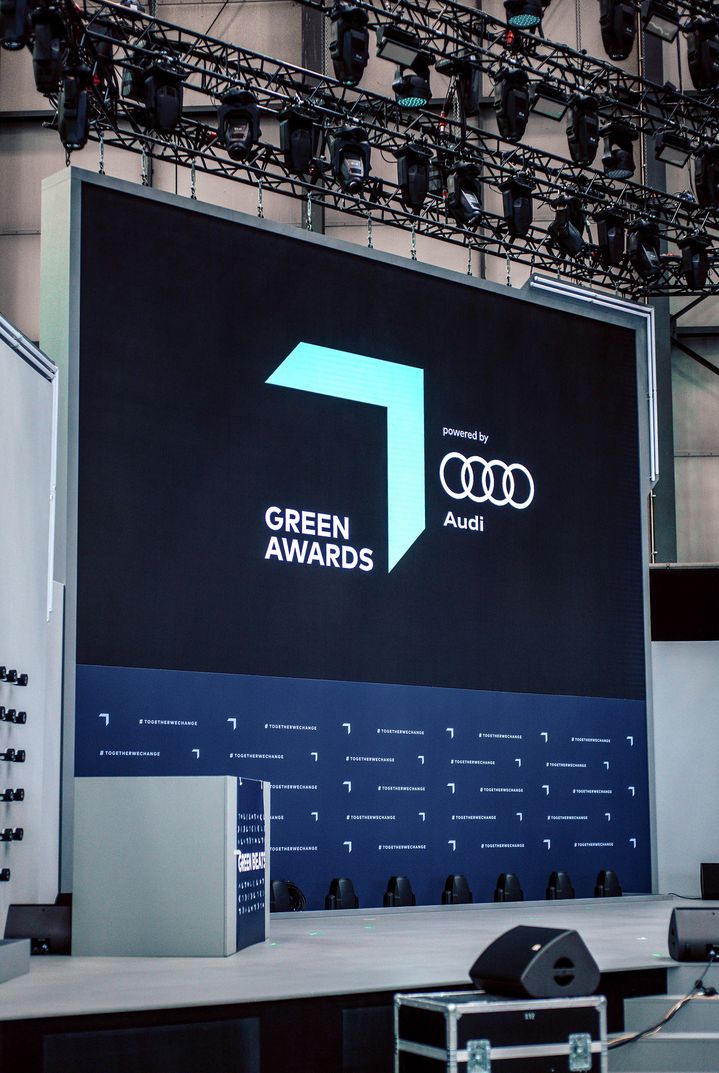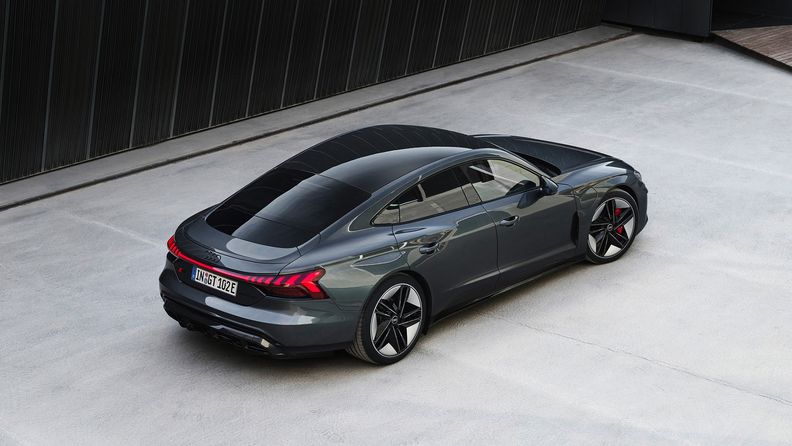“Collaborations are the most important currency today”
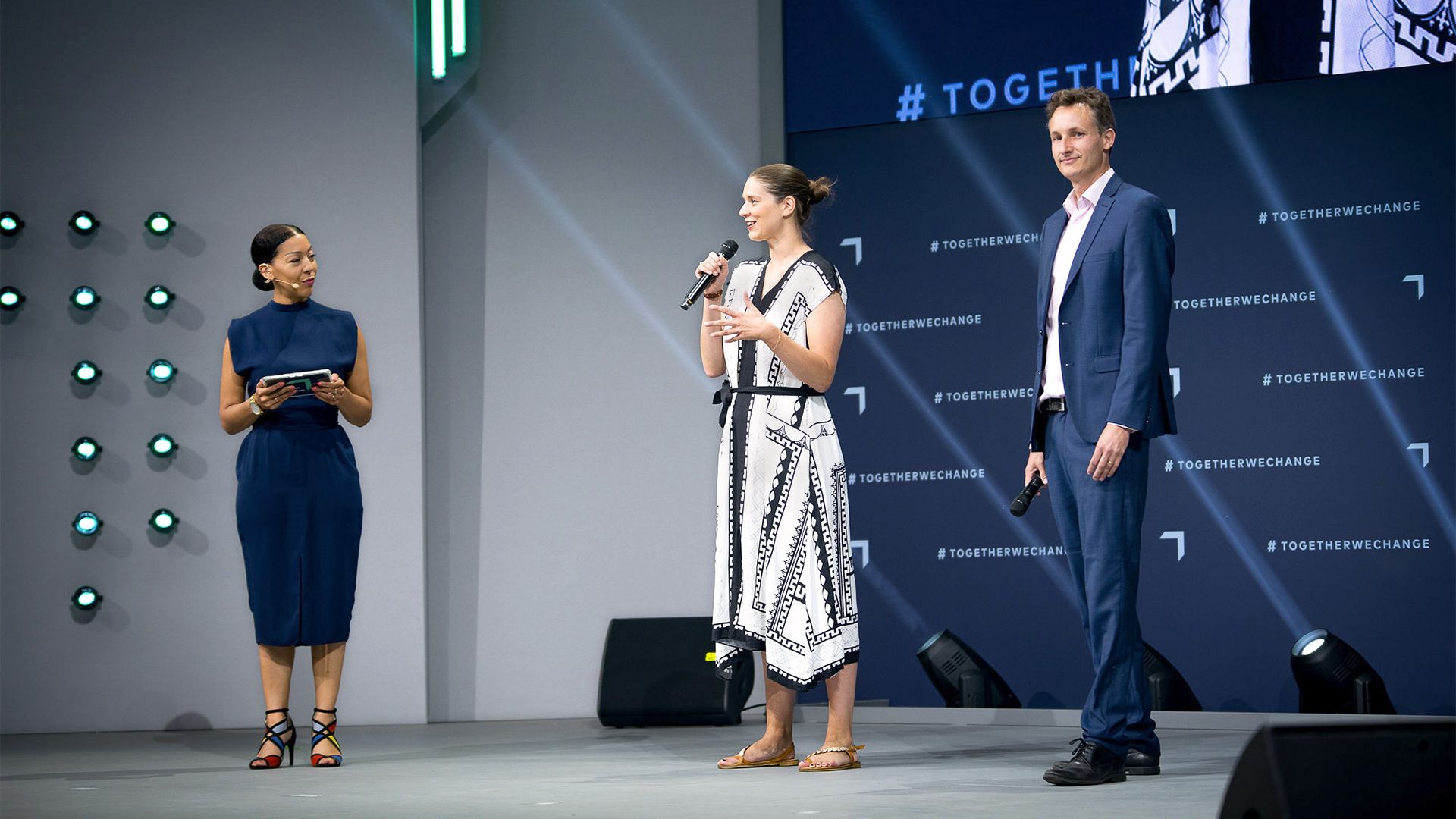
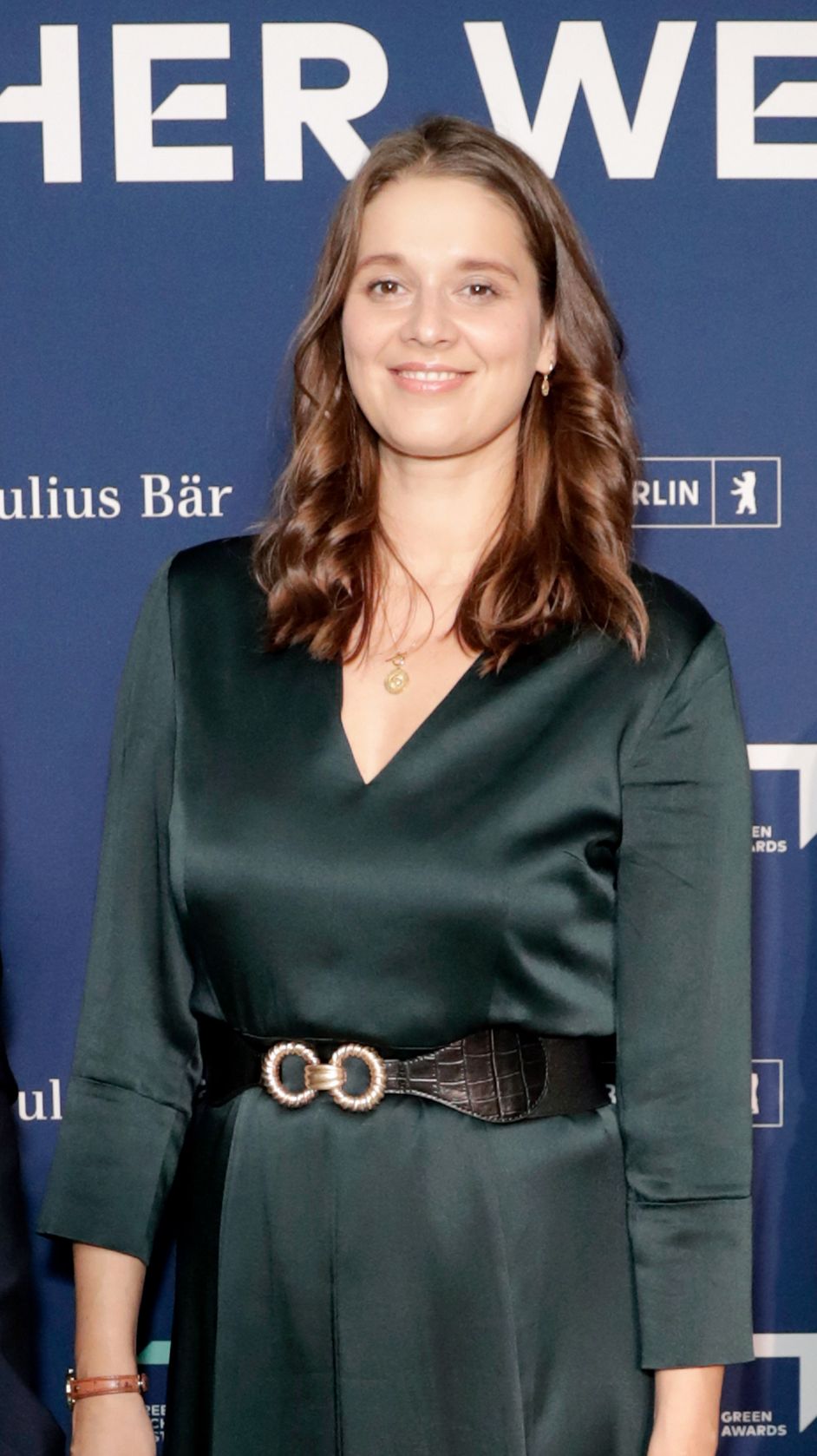
Ms. Kühn-Gerres, the Greentech Festival (GTF) in London is entitled "Turning Climate Crisis Into Opportunity". What opportunities are you referring to?
Crises always create movement. People and also companies then develop a greater will to innovate. Processes are suddenly implemented faster and more effectively. And that is where we see opportunities. Because at the same time, the willingness for alliances and collaboration is increasing. A good example is the Corona pandemic and the change in the world of work - working from home is now taken for granted. With the onset of the crisis, there were suddenly solutions that have gradually become corporate standards.
You also address start-ups at the GTF. What role do they play in this?
Start-ups are drivers of innovation. They have the agility to develop solutions quickly and respond immediately to market needs. They are therefore an important source of impetus, particularly in times of crisis, even if scaling always requires large partners.
What developments do you notice in the "sustainable" start-up community?
We are in the midst of an absolute sustainability hype. An already established sustainability scene is being disrupted by new start-ups, but also by long-established companies. As always, this has its advantages and disadvantages. Diverse communities also make for more diverse discussions, and ideas and products have more chance of reaching the mainstream. However, not all products always deliver on their promises. Valid valuation models need to be established here in a timely manner. Nevertheless, I am very pleased that investors are seeing more and more potential in sustainable business models. This was not the case a few years ago.

Audi x Greentech Festival London
The Greentech Festival will take place in London on October 13 and 14. A diverse program with exciting panel talks, award show, exhibition and awards ceremony will bring together people, ideas, companies and organizations. As a Global Partner, Audi will present its vision of sustainable mobility of the future with the Audi skysphere concept¹ and its implementation of state-of-the-art e-mobility with the Audi RS e-tron GT. In addition, visitors will gain insight into current sustainability projects and the company’s ideas for making supply chains and production increasingly sustainable.
Audi RS e-tron GT: Power consumption (combined) in kWh/100 km: 21.1–18.4CO₂ emissions (combined) in g/km: 0CO₂ emission class: A
¹The vehicle mentioned is a concept vehicle that is not available as a production vehicle.
Audi RS e-tron GT: Power consumption (combined) in kWh/100 km: 21.1–18.4CO₂ emissions (combined) in g/km: 0CO₂ emission class: A
¹The vehicle mentioned is a concept vehicle that is not available as a production vehicle.
Is the image true that the "young wild ones" are pushing the established ones?
According to the "Start-up Monitor," the average age of a successful German founder is 36. I find the image of "young versus old" a bit difficult. In the end, we are all driven by innovation. Things that make our processes easier, save money and benefit the environment are attractive to companies, as well as the consumer, and determine markets. Large companies occasionally lose sight of the consumer and then ultimately lose that consumer to a new, possibly more dynamic player in the market. But that's part of a healthy ecosystem. This keeps everyone moving.
So it takes a joint effort?
It definitely needs more discourse. Communities are an important tool for this, as long as they show a willingness to change and also allow other opinions to be expressed. Living or doing business sustainably is a major feat and requires courage and the will to change something, which is not necessarily a strength of our society. We as a society must succeed in working out solutions together. This is exactly the kind of discussion we consistently push at our festivals. In my view, collaborations and cooperations are the most important currencies today.
“Living or doing business sustainably is a major undertaking and requires courage and will.”
The GTF has now grown into a global event: What differences around the world do you perceive when it comes to the mega topic of sustainability?
In all of the markets we target, the issue of sustainability already has a prominent place in the political and business agendas. However, they vary in focus, funding levels, and also sales markets. For example, e-mobility and charging infrastructure solutions are already much more in demand in England than in Singapore, while the USA and Singapore are much further along in the digitized real estate industry.
What can we in Germany learn from the USA, Asia or England - and vice versa?
These are very different markets. But what I appreciate about the U.S. and the U.K. is their enthusiasm and willingness to invest. In both countries, sustainable economic approaches are seen as a huge opportunity. Singapore, on the other hand, can implement visions quickly and efficiently due to its location and size. Even if the charging infrastructure in these countries is currently inadequate, it is highly likely that they will be able to meet their ambitious goal of fundamentally changing this by 2030. Germany is ahead of all three markets when it comes to social acceptance. Recycling, reusable and deposit systems, circular economy: these approaches have long been accepted by large sections of society in our country.
